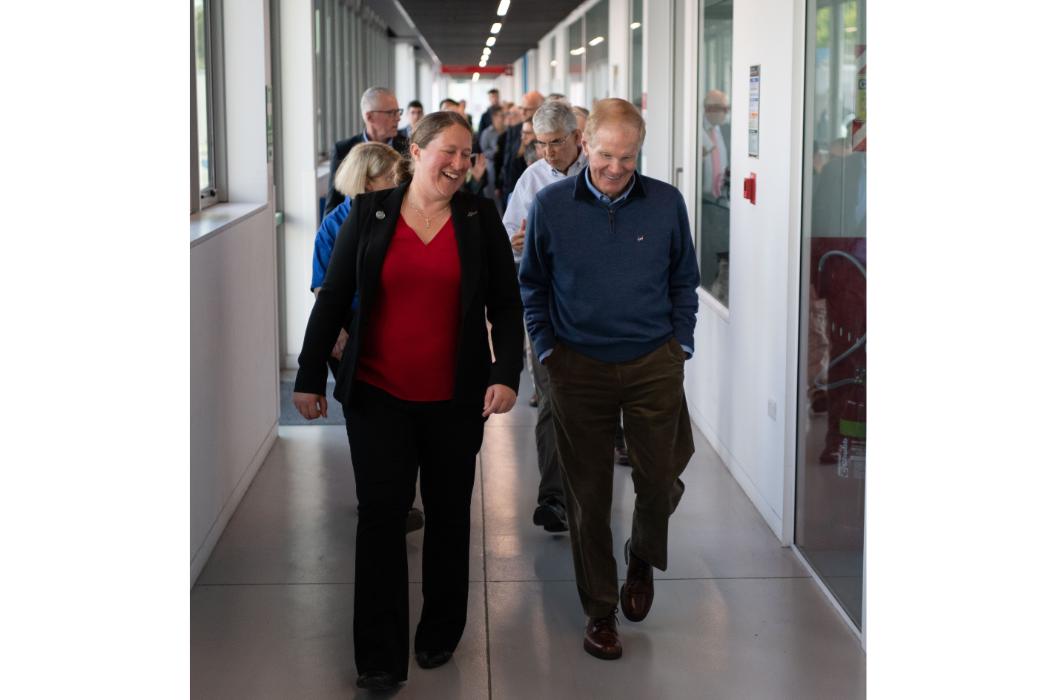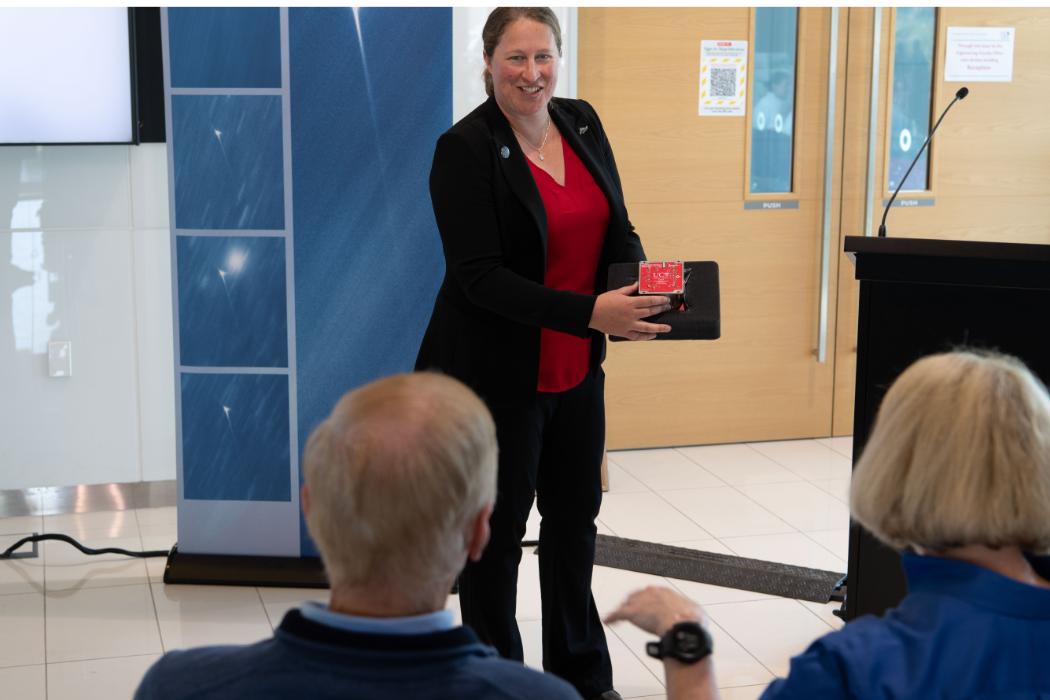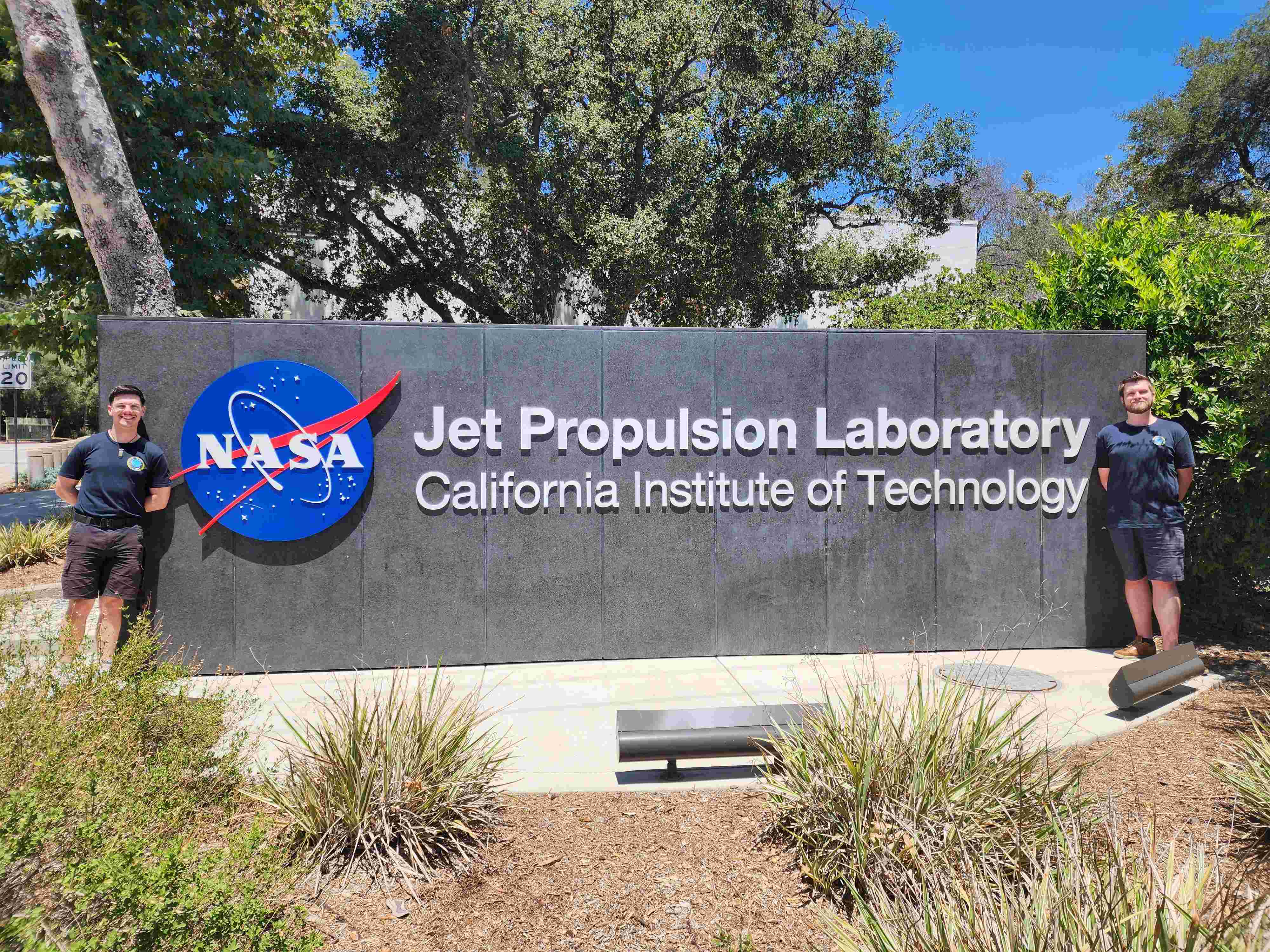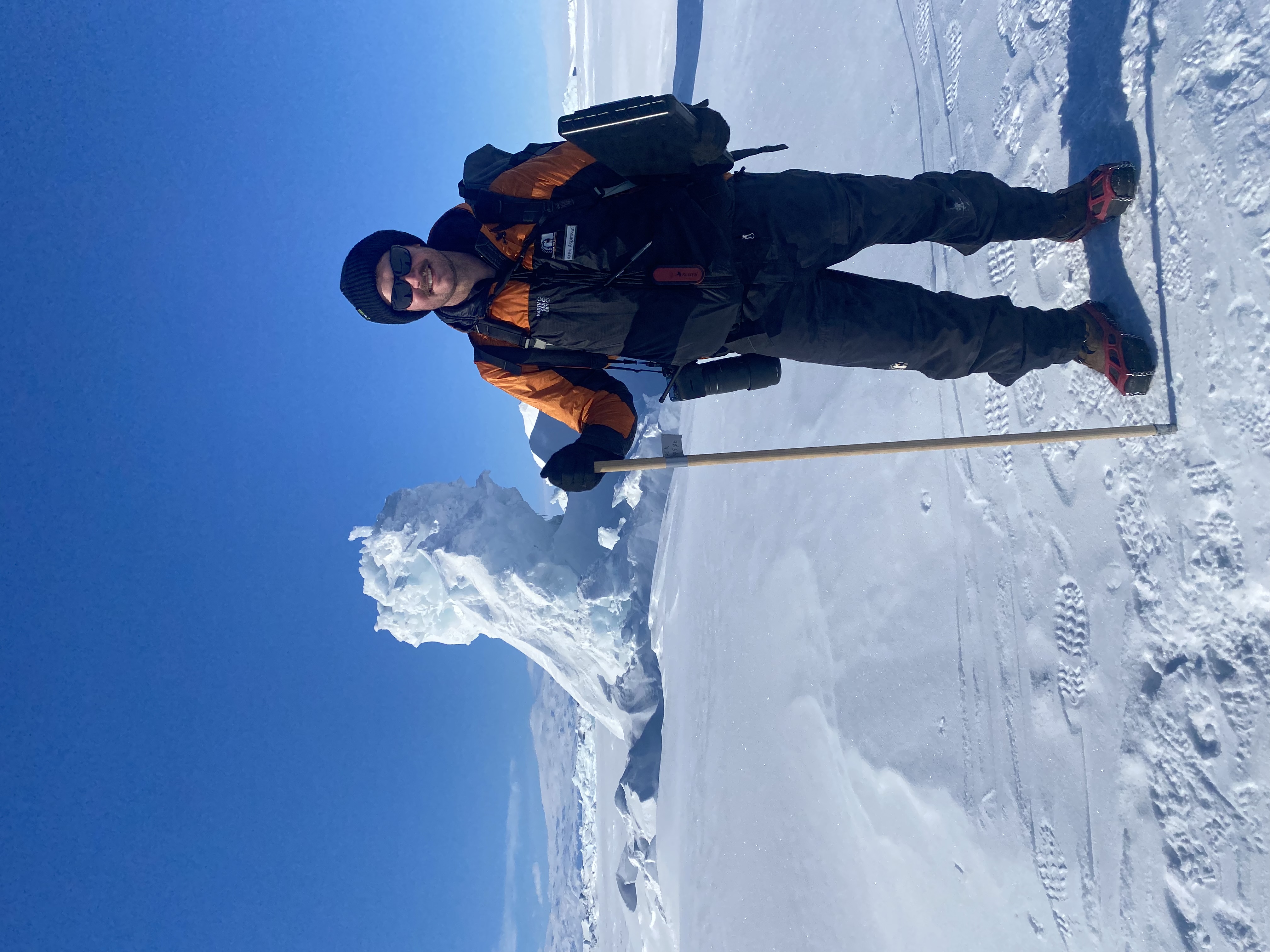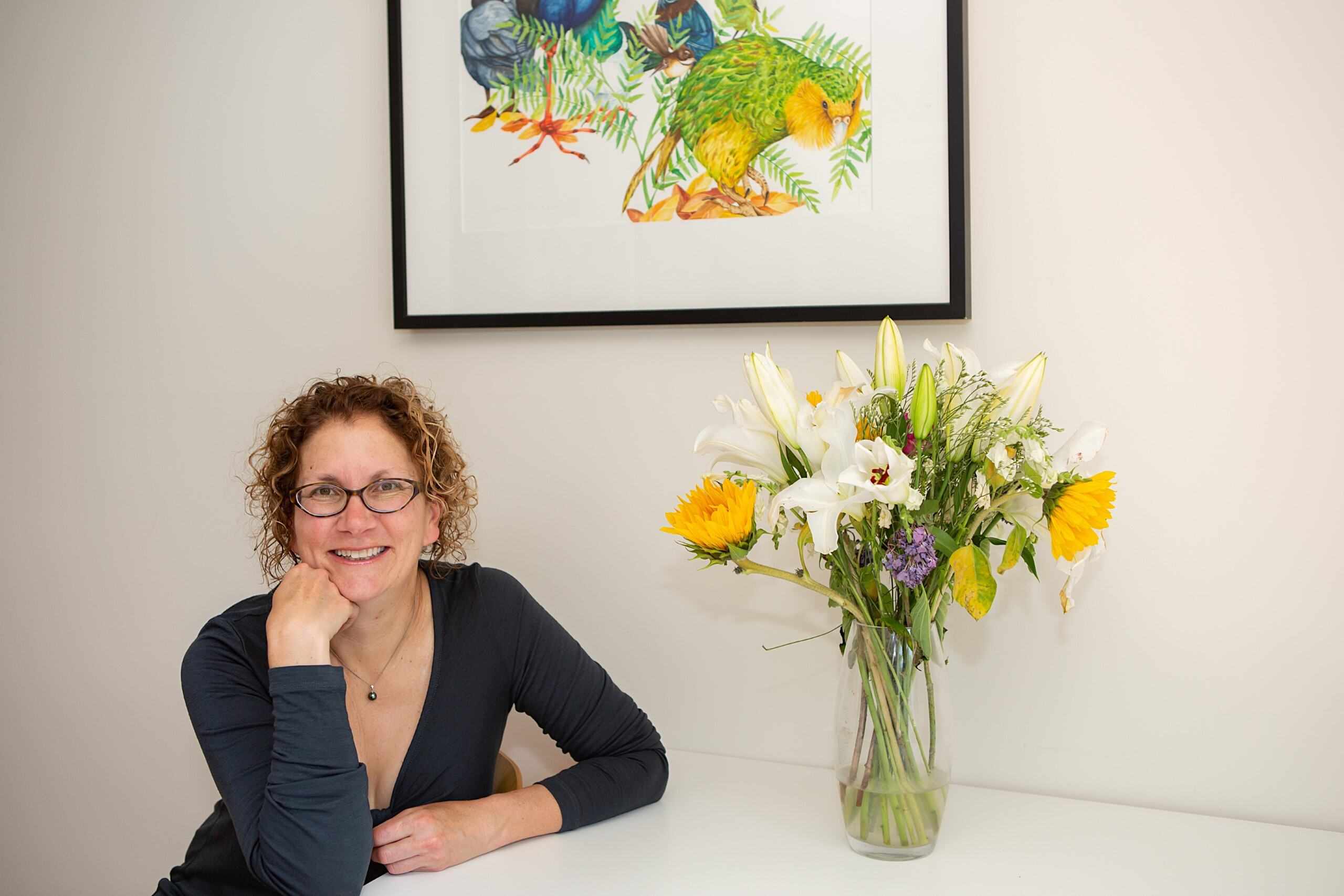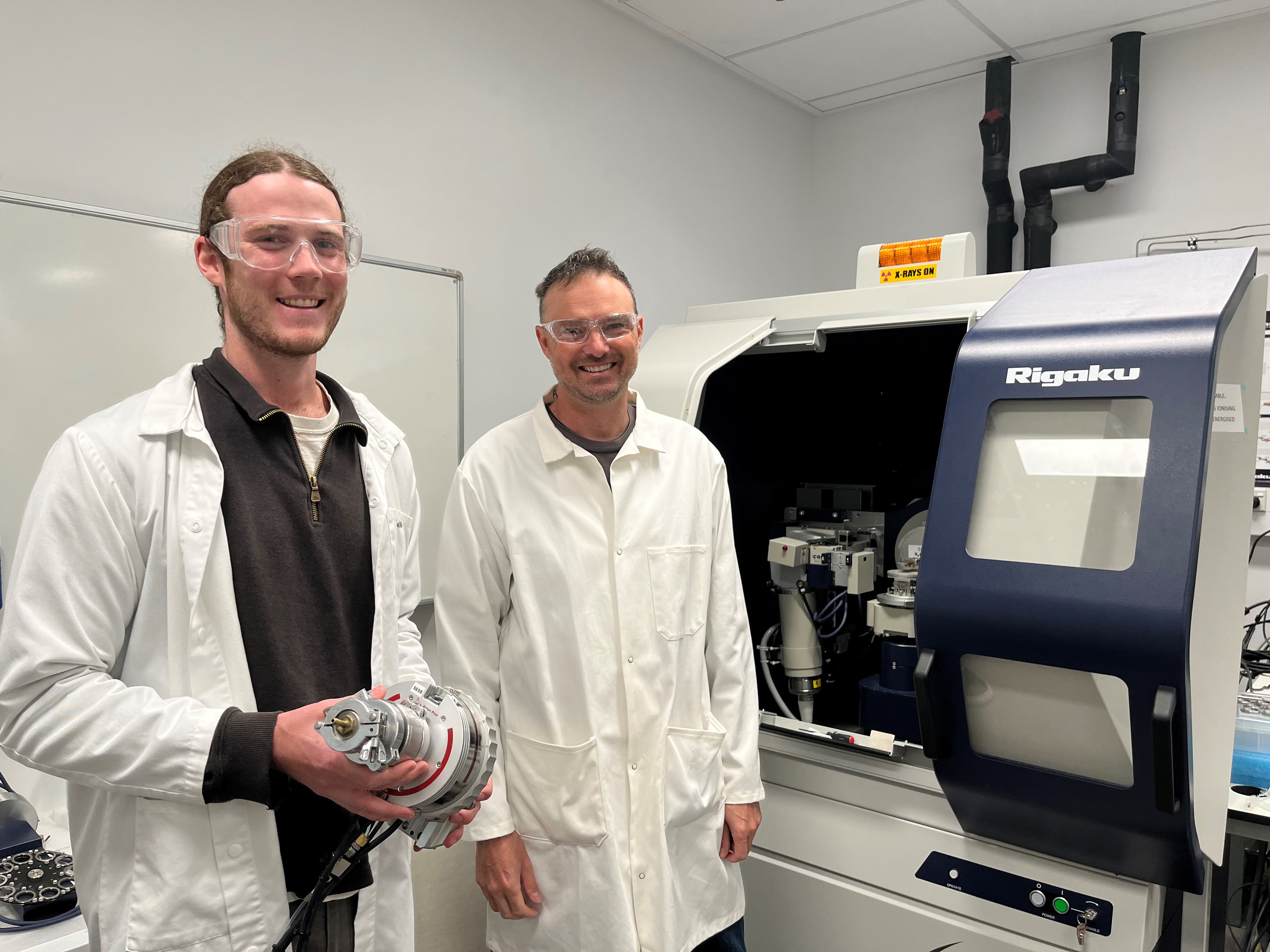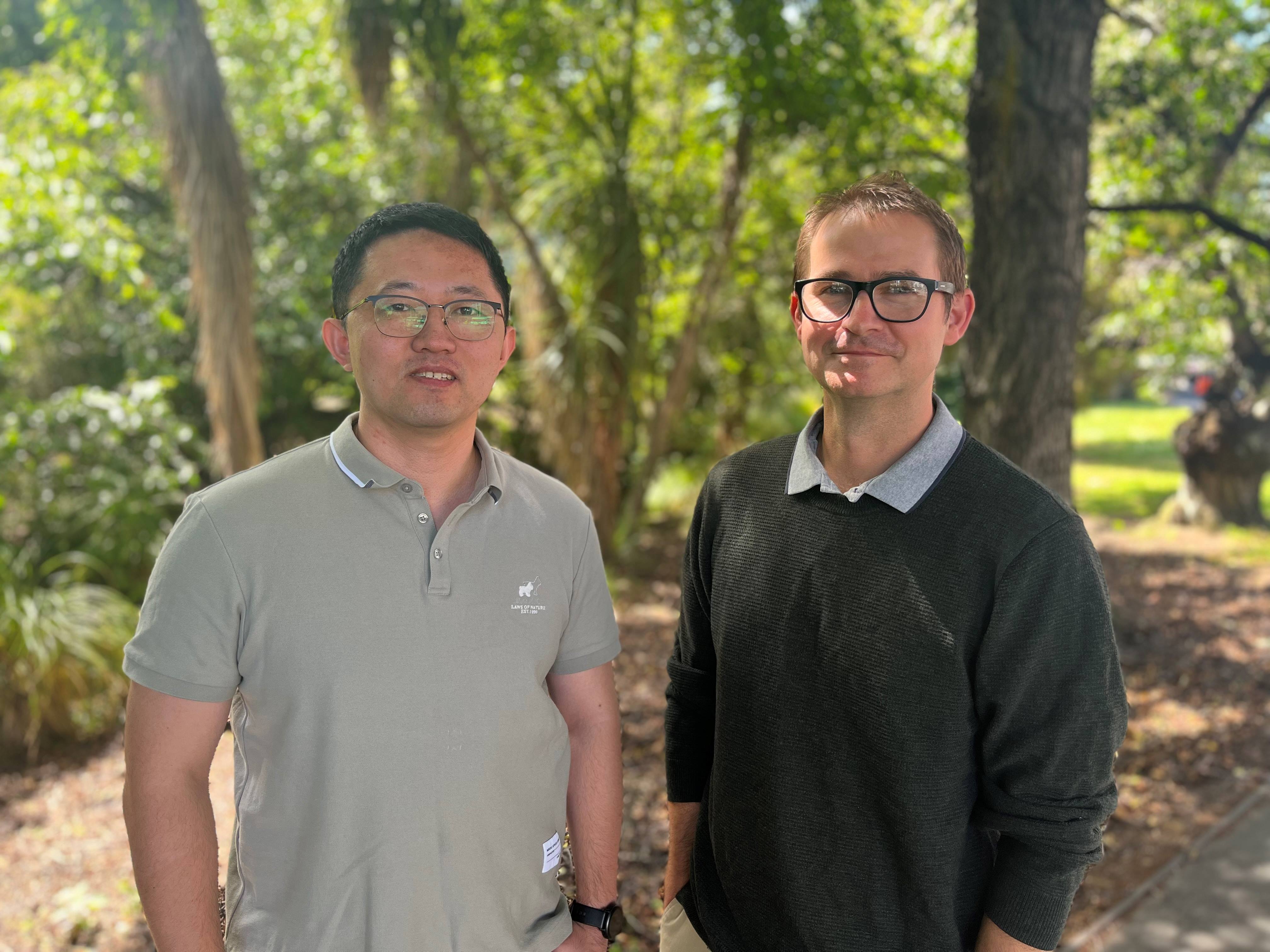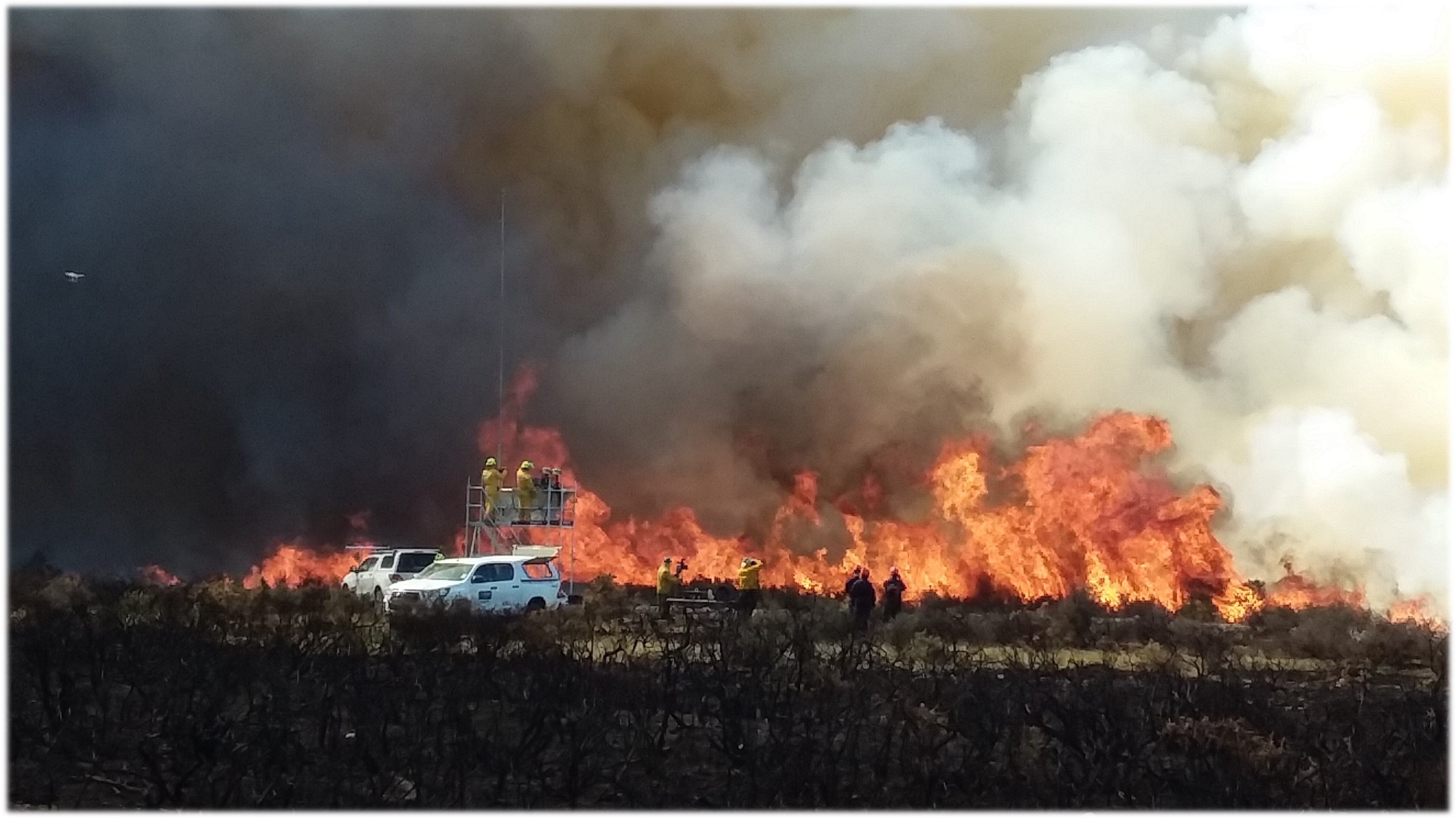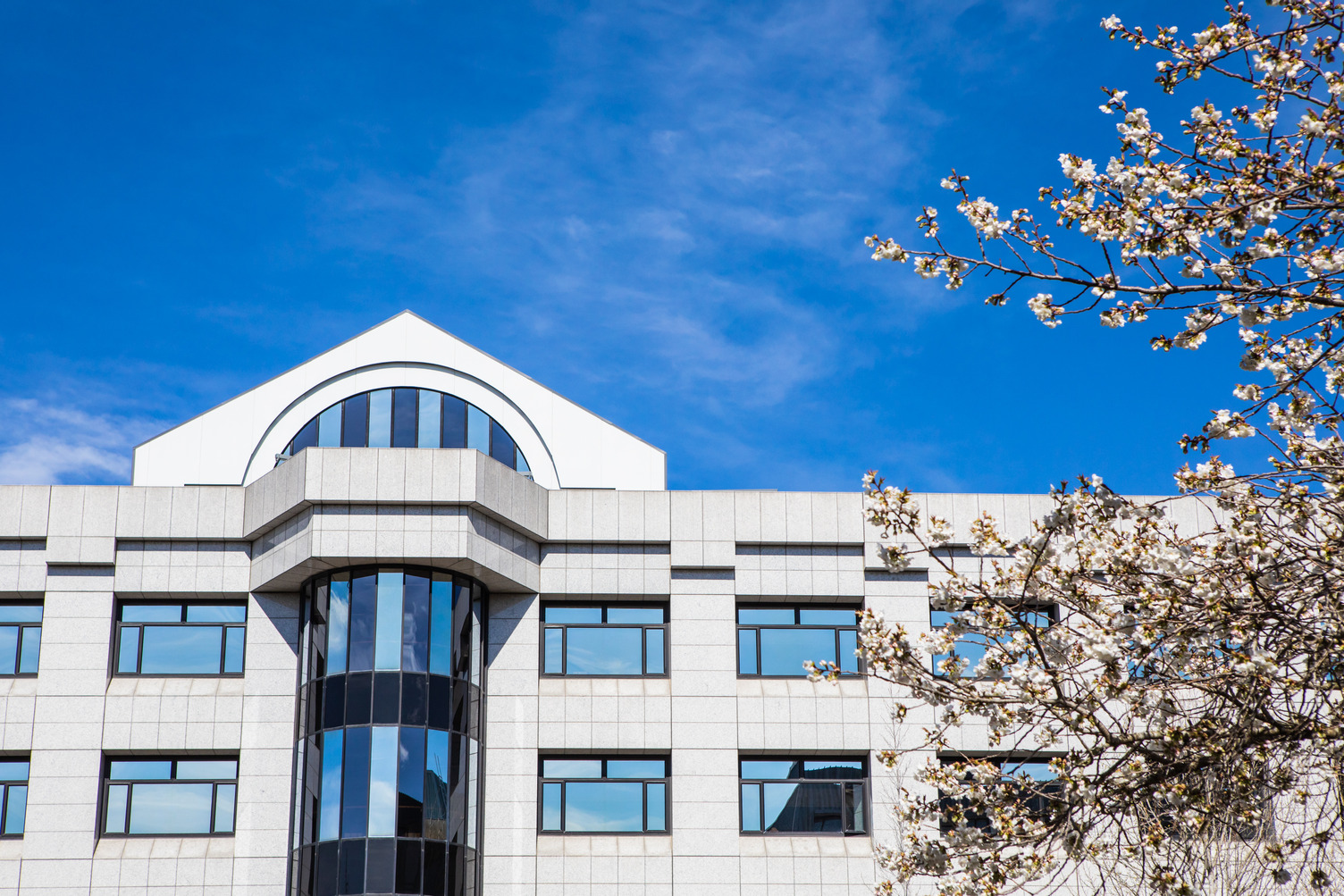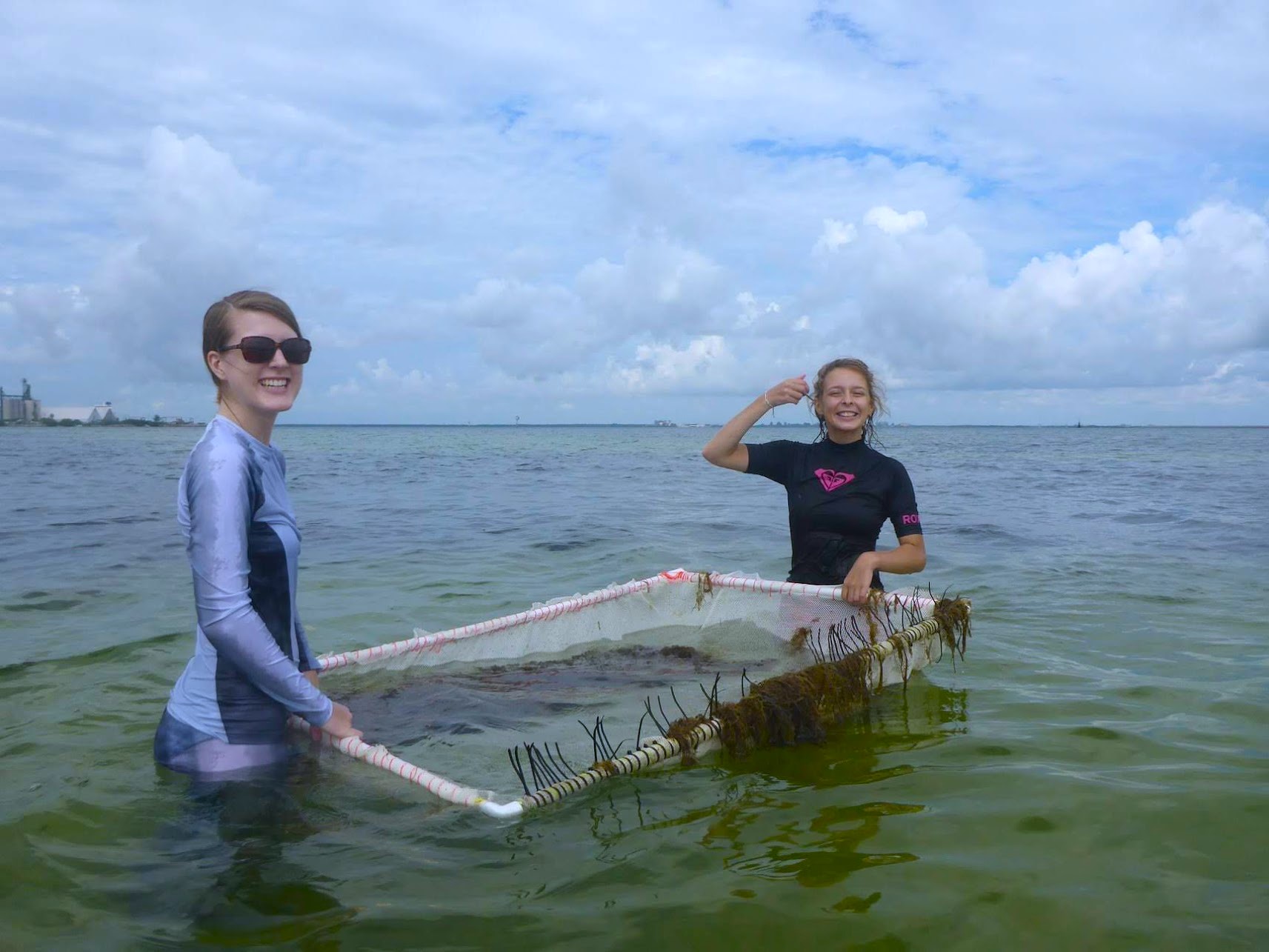“Partnering with Axiom Space and being able to conduct this research on the ISS is such a huge opportunity and really is critical to what we’re trying to achieve in terms of scientific innovation and future commercial outcomes,” Dr Kessans says.
“When protein crystals are grown in microgravity, they can develop into larger and higher quality crystals than what we can grow on Earth. These crystals can then be used to create high-resolution pictures of the protein’s structure. If we have a detailed picture of what virus proteins look like, for example, we can develop things like antiviral drugs and vaccines.”
Current facilities for protein crystal growth on the Space Station require significant time and resources for astronauts to mix samples, set up experiments, observe growth and adjust settings as needed. By developing a facility that is self-contained, autonomous, and allows for on-orbit analysis of thousands of experimental conditions, Dr Kessans hopes even more research can be conducted at a lower cost into the future. Research teams across the pharmaceutical and biotechnology industries rely on data from protein crystallisation experiments for new drug and product development, and the facilities Kessans' team is developing will establish valuable microgravity opportunities for both commercial and academic research teams which may not have previously considered microgravity research as a viable option.
“We can do a lot of analysis up in microgravity and can gain a great deal of information from the real-time data that we will be able to downlink during the experimentation on the ISS. But the real value is in being able to get those experiments back to researchers on Earth for further analysis,” she says.
“That’s why we’re excited to be sending the first prototype of our facilities to the International Space Station with Axiom Space. This initial project represents just the beginning of what we hope to develop into an entirely new industry in New Zealand at the interface between aerospace and biotechnology, two high-value, rapidly growing, and increasingly important sectors of the economy.”
It was one of two projects selected for initial feasibility studies in 2022 under a partnership between the Ministry of Business, Innovation and Employment (MBIE) and US space company Axiom Space.
“This facility could lead to major advances in medical, biotechnological, food science, and agricultural innovation and we are excited to support the next step,” MBIE Director of Innovative Partnerships Joe McKay says.
Aotearoa New Zealand’s partnership with Axiom Space, especially as they transition to operation of their future commercial space station in low-Earth orbit, will create opportunities for commercial microgravity research. New Zealand has also joined Axiom Space’s Access Program, an initiative to grow space ecosystems alongside governments from around the world.
“This membership is a natural move for New Zealand, which is already contributing to projects that will fly on future Axiom Space missions,” McKay says.


